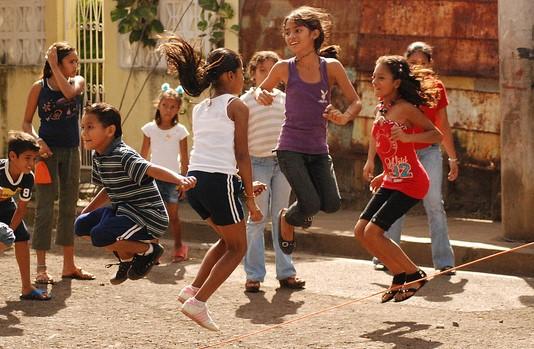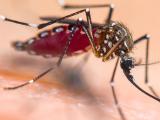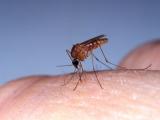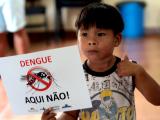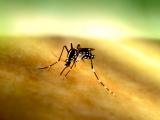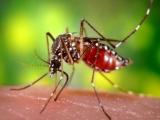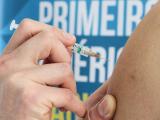Prior dengue infection may protect children from Zika illness symptoms, an international research team reported yesterday, based on data from a longstanding dengue cohort study in Nicaragua.
The scientists found, however, that dengue immunity doesn't seem to generally protect against Zika, which in many cases is asymptomatic. Researchers from the University of Michigan; the University of California, Berkeley; and collaborators in Nicaragua detailed their findings yesterday in Public Library of Science (PLOS) Medicine.
Dengue and Zika viruses are closely related flaviviruses, transmitted by the same mosquitoes and causing similar symptoms. It's known that a second dengue infection can be much more severe than the initial infection, because of a phenomenon called antibody-dependent enhancement.
In the wake of Zika epidemics that struck several countries in the Americas in 2015 and 2016, scientists have trying to sort out whether an initial dengue infection can worsen a subsequent Zika infection. The results of the study add another piece to the as-yet unsolved puzzle.
No impact on overall Zika level
Nicaragua's health ministry and the Sustainable Sciences Institute established the Pediatric Dengue Cohort Study in 2004 in Managua, and, of 3,700 children ages 2 to 14 who participated, dengue histories were known for 3,027. Of those, 743 had at least one earlier dengue infection, 176 of them recently.
Testing revealed at 1,356 of the children had been infected with Zika virus from January 2016 through February 2017, including 560 who had clinical symptoms. In the study, Zika infection was confirmed by reverse transcription polymerase chain reaction (RT-PCR) testing and an algorithm to serologically classify cases not confirmed by RT-PCR.
When the researchers compared kids who did and didn't have prior dengue infection to see if that status affected Zika infection and disease severity, they found that children with earlier dengue illness before March 2015 were 38% less likely to develop symptomatic Zika. However, earlier dengue illness did not affect the rate of total Zika virus infections when combining both symptomatic and asymptomatic cases.
The team concluded that prior dengue immunity in children might protect against symptomatic Zika infection, but they added that future studies should probe the immunologic mechanisms of cross-protection between the two viruses and if dengue immunity protects against congenital Zika syndrome or Zika-related neurologic complications.
Does protection have limits?
Eva Harris, PhD, study coauthor and professor in the division of infectious diseases and vaccinology at UC-Berkeley, said in a University of Michigan press release that the team didn’t analyze severe Zika outcomes. She said the findings for Zika were consistent with what earlier studies found on the role of dengue antibodies and uncomplicated dengue infection.
And Aubree Gordon, PhD, the study's lead author and assistant professor at the University of Michigan School of Public Health, said more research is needed to characterize the interaction.
"If there are interactions, if it protects you from dengue, that's great. Or if it helps protect you from being symptomatic, fine," she said. "But there is always the concern that the antibodies are protective to a certain point, and once they reach a certain level they are now a risk for severe disease. And so I think that needs to be looked at pretty closely."
See also:
Jan 22 PLOS Med abstract
Jan 22 University of Michigan press release
Jan 22 NIAID press release
